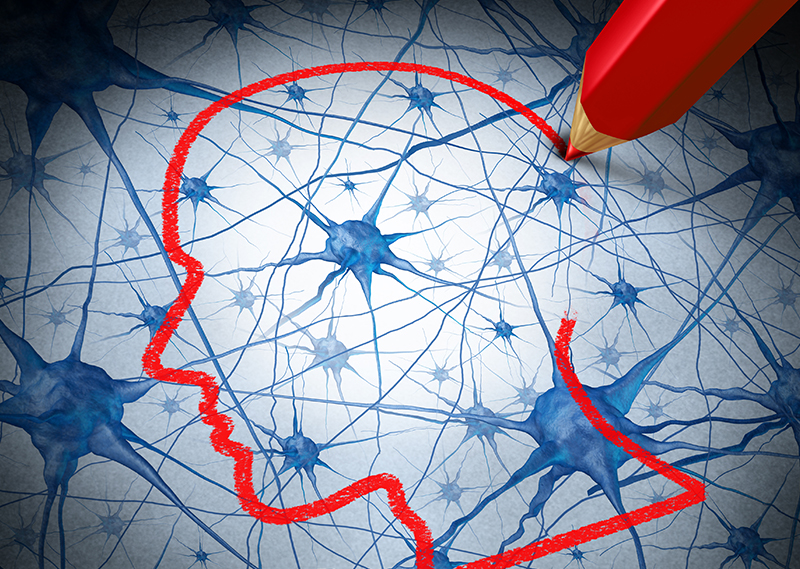If there’s one constant in the race to solve the puzzle of Alzheimer’s, it’s change. It seems as though whenever researchers begin to get a grasp on one piece, new information shifts their hypotheses in a different direction. That’s certainly the case with the astounding new development in the progression of the disease – hopefully bringing us one step closer to an effective treatment or even a cure for Alzheimer’s.
For the first time ever, researchers from the University of Cambridge have been able to study human data instead of animal models. Their findings point to an origin of the disease in multiple areas of the brain, rather than a single location that starts a chain reaction, as previously surmised from studies of the brains of mice.
Dr. Georg Meisl of Cambridge’s Yusuf Hamied Department of Chemistry explains, “The thinking had been that Alzheimer’s develops in a way that’s similar to many cancers: the aggregates form in one region and then spread through the brain. But instead, we found that when Alzheimer’s starts there are already aggregates in multiple regions of the brain, and so trying to stop the spread between regions will do little to slow the disease.”
As a result, the disease’s progression is based upon how quickly cells are destroyed in these various regions. This new information will be incredibly beneficial in the development of treatment options that target the processes that occur at the start of the disease. Further good news: the replication of the tau and amyloid beta proteins responsible for the disease occurs very slowly, and our neurons are already evolving to stop the aggregation of these proteins. Hopefully soon, science and biology can work in tandem to help the millions of people impacted by the disease.
The next step will be for researchers to further investigate the processes involved in the earliest stages of the disease, while extending research to other conditions, such as traumatic brain injury and progressive supranuclear palsy. The knowledge gained may even help provide clues into better treatments for other common neurodegenerative diseases, like Parkinson’s disease.
If someone you love is battling Alzheimer’s or another type of dementia, reach out to our dementia care team for helpful resources and assistance with skilled, innovative, hands-on support. Our creative, patient, and caring approach eases the stress of challenging behaviors such as:
- Sundowning
- Wandering
- Aggression
- Agitation
- Frustration
- Confusion
- Disorientation
- And many others
Give us a call any time at 519-915-4370 and we can talk through how our home care services in Windsor, Ontario and the surrounding areas can help with the specific issues a senior you love is facing. You’re never alone with Amy’s Helping Hands’ award-winning dementia care experts by your side!















